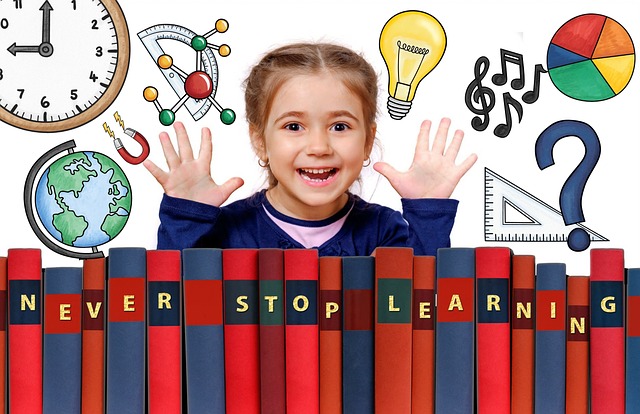From September 2021 the revised EYFS Framework will become mandatory. This allows you just over 9 months to prepare yourself, your staff and your setting for the changes.
Since September 2020 some settings may have become early adopters and are already assessing, observing and tracking against the new EYFS.
The government says the changes will improve outcomes for all children, focusing particularly on the language and literacy outcomes for disadvantaged children, and reduce teacher workload and the following changes will be made and implemented as part of the reformed EYFS statutory framework:
- Communication and language will remain as proposed
- PSED will include additional information on self-care and healthy eating;
- Physical Development will be strengthened to include a greater focus on development from birth to reception and on the link between gross and fine motor skills;
- Literacy will include a stronger emphasis on pre-reception literacy learning, and the link between language comprehension and later reading and writing
- Mathematics will include a greater detail on the importance of shapes, spatial reasoning and measure as part of early maths learning, and how children can foster a love of maths
- Understanding the World will include wider experiences for children
- Expressive Arts and Design will include a wider variety of ways children can develop their creative skills
The ELGs form an important measure of each individual child’s level of development and attainment at the end of the EYFS and changes to ELGs are:
- Communication and Language will include focus on adult-child interactions, and the word ‘accurate’ has been removed from the Speaking ELG when referring to tenses
- Personal, Social and Emotional Development will remain as proposed
- Physical Development will remain as proposed
- Literacy will remain as proposed
- Mathematics will include greater clarity to counting and comparing quantities in the Numerical Patterns ELG. Government will proceed with its focus on number and numerical patterns within the mathematics ELGs as the strongest predictor for later maths outcomes. This also reflects the government’s continued commitment to strengthen the teaching of early numeracy so that all children, particularly those from disadvantaged backgrounds, are able to start year 1 with a strong and confident foundation in number. Practitioners and teachers will still be required to teach children about shape, space and measures, as part of a well-rounded curriculum, as set out in the revised mathematics educational programme.
- Understanding the World will include a change in relation to the Past and Present ELG to further clarify the expectation of children understanding the concept of ‘past’
- Expressive Arts and Design will include reference to a greater variety of use of tools, materials and techniques that children will need to demonstrate for the Creating with Materials ELG.
